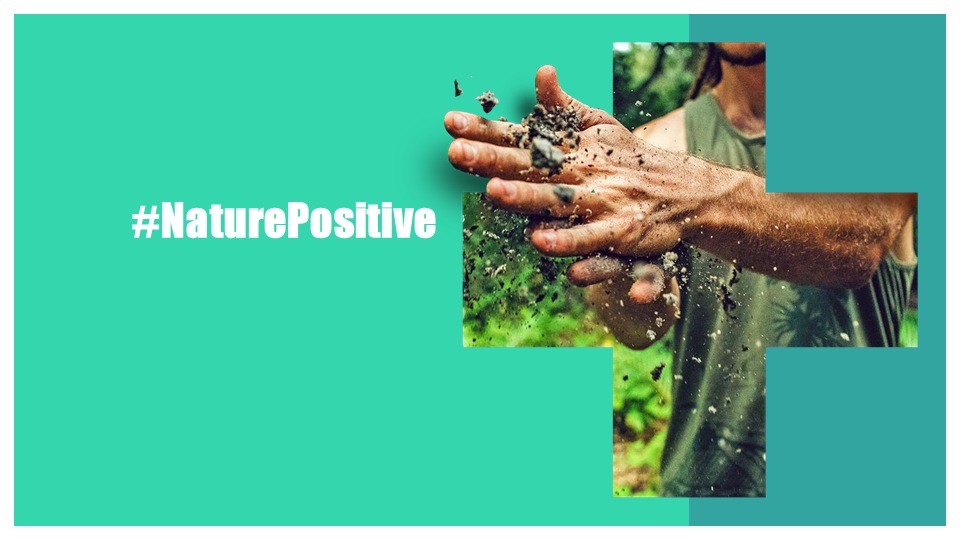
In a pivotal moment for countries to enhance ambition in their NDCs, the role of nature in the climate agenda has never been so prominent.
Read more
Related articles for further reading
In a pivotal moment for countries to enhance ambition in their NDCs, the role of nature in the climate agenda has never been so prominent. The UN Climate Change Conference, COP 26, is commencing and brings to surface key issues and urgent actions for countries to meet the target agreed by the Paris Agreement.
In an unprecedented effort to create one collective voice that advocates for nature in the climate agenda, Nature4Climate and 19 partner organisations have built the Nature+ Zone. The pavilion will serve as an expert hub set in the heart of COP26 in the Blue Zone, providing opportunities to meet and hear from scientific experts, business leaders, NGOs, indigenous representatives and youth activists on why nature should be accounted as part of the solution for the climate emergency.
The pavilion features two weeks of nature-driven conversations and events, which will speak to matters of climate finance, technology, science, as well as the latest insights on nature-based solutions and how they are contributing to achieving net-zero in the coming decade. The full programme consists of over 70 panel discussions and will be live streamed at Nature4Climate’s YouTube channel (see full schedule).
More than Net-Zero, #NaturePositive
The race to 1.5 is on and we must all act now to ensure a climate-resilient world for future generations. Nature is a powerful ally in this global endeavour, and countries must protect, restore and sustainably manage the ecosystems in which they live in at the same time as investing in decarbonizing their economies.
For the first time, the UN Climate Change Conference COP 26 will feature a whole day dedicated to Nature, which brings together a number of announcements and events from governments, businesses, investors and NGOs focused on ending deforestation and investing in nature-based solutions. In addition, we need to halt and reverse nature loss measured from a baseline of 2020, through increasing the health, abundance, diversity and resilience of species, populations and ecosystems so that by 2030 nature is visibly and measurably on the path of recovery. By 2050, nature must recover so that thriving ecosystems and nature-based solutions continue to support future generations, the diversity of life and play a critical role in halting runaway climate change.
Such challenges call for a global goal in which countries commit to be not only net-zero, but Nature Positive by 2030. You can learn more about the #NaturePositive agenda and join our global call here.
A world of untold stories
From international organizations to national governments and indigenous peoples, we aim to amplify the voices of those who have recognised the need for a better relationship with nature and are engaging in climate action. The Nature+ Zone will also be the home of the Nature’s Newsroom, a central hub for the nature and climate conversation at COP 26. Streaming daily to the main broadcasters around the planet, as well as live shows for the general public, the Newsroom will keep track of key stories that look into how and why nature matters for the climate (watch here).
Our new Case Study map provides a first glance at projects that consider protection, restoration, and improved land management actions that increase carbon storage or avoid greenhouse gas emissions in different ecosystems in more than 80 countries around the world. To better understand the policy landscape in which such projects are operating, the new NbS Policy Tracker scanned through hundreds of thousands national policies to identify where, why and how nature-based solutions were being enabled, considering key criteria such as the allocation of budgets, the inclusion of indigenous peoples and local communities and the implementation of clear monitoring and evaluation frameworks.
These are proof that ensuring the investing in nature-based solutions at the same time as understanding local context and considering the knowledge and rights of indigebnous peoples and local communities is the right path towards a clean, green recovery.
Sign up to the COP26 #NaturePositive Newsletter and stay tuned.